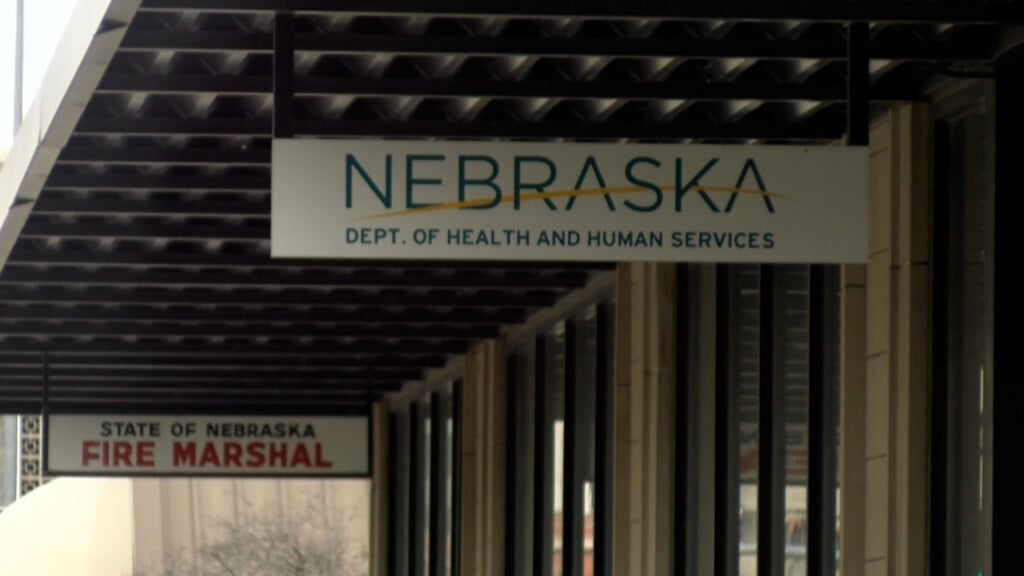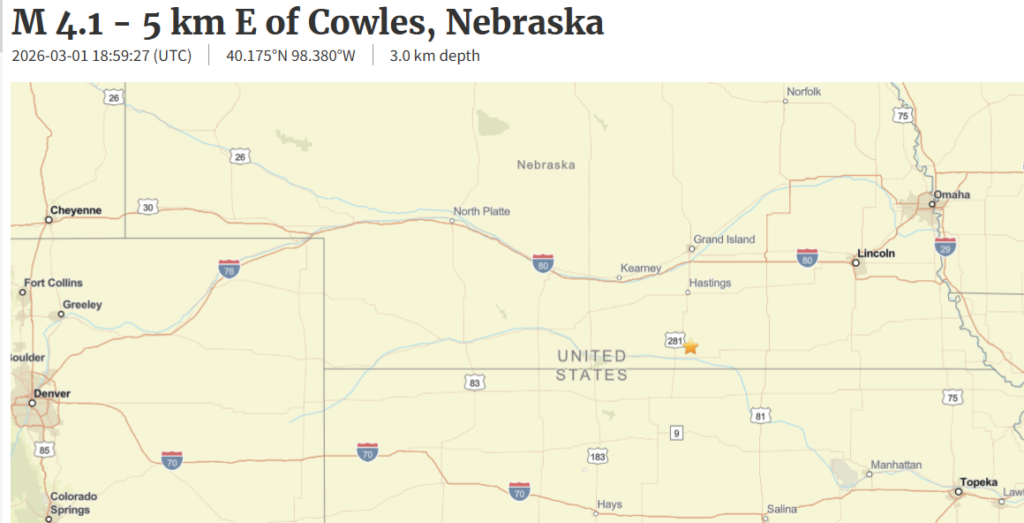Severe Weather Awareness Week begins in Nebraska
Are you prepared for severe weather?
LINCOLN, Neb. (KLKN) – There’s so much that everyone thinks they know about the weather, but it turns out that some of those things are complete and total bunk. Actually, a lot of that weather misinformation has been proven wrong for decades, but people still take it as fact. For instance, you should open all the windows in the house before a tornado hits, right?
Allow NWS warning coordination meteorologist Brian Smith to correct that idea: “The theory was that you would try to equalize the air pressure because the air pressure drops in a tornado and you would lessen the explosive nature of the tornado hitting your house. That myth actually was debunked in the mid-1970s.”
Smith says all you’re doing is wasting time because “Tornadoes strike very quickly and it takes just a few seconds for the tornado to hit and then it’s gone.” Smith also mentions that the pressure argument doesn’t hold up since your house has plenty of natural ventilation, and the tornado will send projectiles through your windows anyway.
Another idea that’s been dismissed for just as long a time is that since tornadoes generally move from southwest to northeast, the southwest corner of the basement is the safest place to hide. The tornado should be shoving all the debris away, to the northeast, as the idea goes. As it turns out, that’s also incorrect.
“Found out that going into the corners, like the southwest corner, especially, was not the best place because the debris kind of piled up in that area”, Smith says.
The correct plan is to get to the middle of the basement (or your structure if it doesn’t have a basement) and protect your head and neck. If you have something sturdy to hide under, that’s even better.
Less of a myth than a misconception is just what role sirens play in things. You always hear them being tested, so you know they work. However, they are meant to be outdoor warning sirens, and many of us wait inside for the noise during a storm.
“There are a lot of people out there that rely on the outdoor warning sirens”, Smith says, “and outdoor warning sirens are effective when you’re outdoors, but not necessarily when you’re inside.”
They simply aren’t guaranteed to be louder than the TV, or music, or even to be heard in a quiet house if you’re well-insulated. The best bet here is to double up, or even triple up, on your information systems. Investing in a good weather radio will be a big help, and checking in on the television is never a bad idea.



